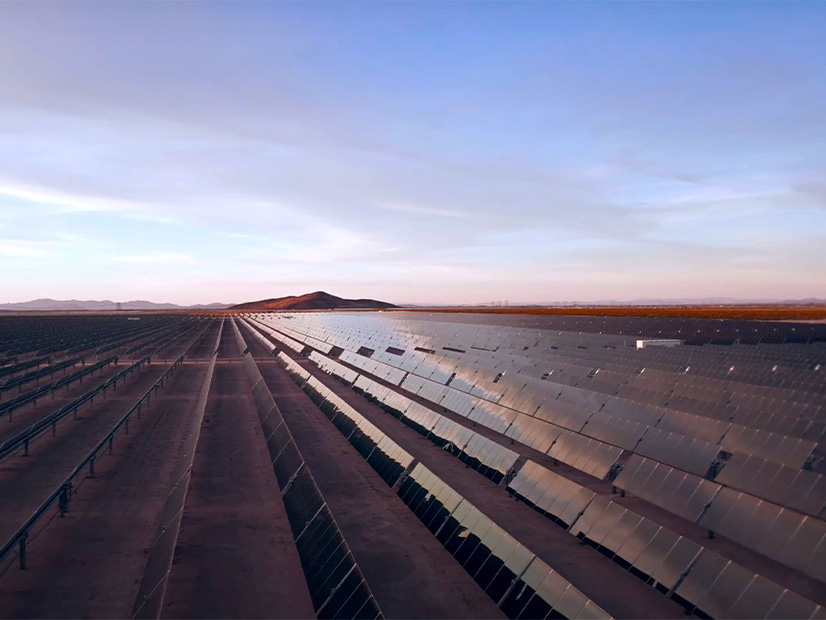Multiple clean energy organizations have asked FERC to reconsider its approval of automatic penalties for withdrawing generation in MISO’s interconnection queue.
The nonprofits, including the American Clean Power Association, the American Council on Renewable Energy, the Solar Energy Industries Association and Clean Grid Alliance, said FERC “abandoned its own precedent without explanation” when it adopted MISO’s proposed escalating and automatic penalty fees on developers that withdraw projects from the queue (ER24-340).
The penalty schedule was part of a package of stricter rules MISO proposed for its interconnection queue to pare down the number of speculative projects in its interconnection queue. (See FERC Rejects MW Cap, Approves MISO’s Other Stricter Interconnection Queue Rules.)
The penalty schedule will have a chilling effect on new generation entering the MISO queue, the groups argued, when FERC has emphasized that penalties shouldn’t discourage interconnection customers from lining up projects or withdrawing them in an orderly fashion.
“MISO’s automatic withdrawal penalties will prevent projects that have yet to receive meaningful study results from entering the queue in the first place — precisely the ‘barrier’ the commission previously sought to avoid,” the nonprofits said in a Feb. 16 request for rehearing.
The groups also said FERC’s buy-in to a “generalized harm” theory to remaining projects after project withdrawals and blanket penalty application is a departure from its emphasis on the “articulated linkage between the withdrawal and impact on other customers.”
The organizations in particular argued against MISO levying penalties before interconnection customers have the chance to review MISO’s studies estimating the cost of interconnection. They said FERC used data from late-stage withdrawals when it approved the penalty, “ignoring contrary evidence that most early-stage withdrawals are driven by” the first study results interconnection customers receive from the RTO.
They said it’s natural that many generation developers make the call to drop out at the queue’s first decision point — roughly 180 days into the interconnection queue — because at that point, MISO delivers the estimated totals of network upgrades. They said the decisions to stay or go are a reasonable response and not hallmarks of speculative projects.
“Withdrawals at Decision Point I are not a result of a flaw in the interconnection process; rather, they are a result of the system working as it should — as the commission has previously held,” they said.
The automatic penalty schedule allows MISO to recoup some of the first, $8,000/MW milestone fee developers pay to MISO while in the queue. The RTO can take 10% of the fee at the queue’s first decision point and 35% at the second decision point. Developers risk 75% of the amount by the time their project reaches the third and final phase of the queue and, finally, 100% if they drop out during the negotiation stage of the generator interconnection agreement. MISO has said the forfeits will encourage interconnection customers to withdraw their projects as soon as they know they’re nonviable rather than linger in the queue.
But the nonprofits said MISO’s “early-stage” penalties are not designed to detect whether a withdrawing project is affecting other interconnection customers and “serve as a purely punitive measure.” They said the RTO offered no compelling evidence showing automatic penalties will reduce late-stage dropouts.
“In accepting the automatic withdrawal penalty provision, the commission does not explain how the provisions will address the early-stage problem of lack of information, or the problem of late-stage withdrawals and their associated harms,” they wrote.




